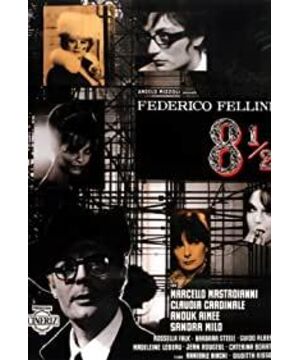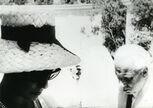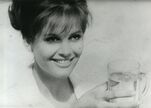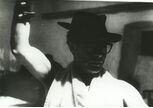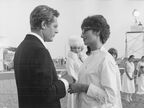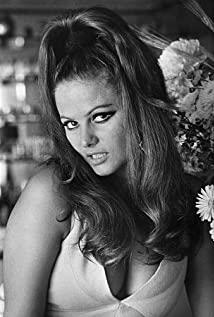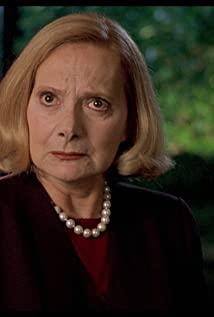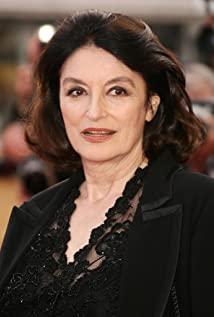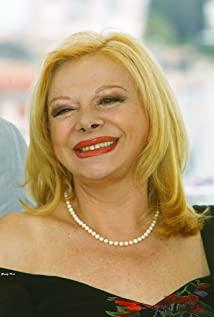As a stream-of-consciousness film, it tells the process of a film director's transition from the dual predicament of creation and emotion to a new life by intertwining visual and figurative dreams, memories, imaginations and reality. This makes one think of the concept that Andrei Tarkovsky put forward about the logic of play in "Sculpting Time", that is, poetic logic. It means that the development of the story is driven by human thinking/ideological logic. In his opinion, it is an artistic creation logic that can best reflect the essence of human beings.
So the key is that, even if the presentation of dreams and imaginings is extremely surreal, because it reflects people's inner world enough, it can still be regarded as a realist work.
The dream at the beginning foreshadows the whole film: the male protagonist is trying to escape because he is stuck in a traffic jam, and the people around him looking at him from the car windows seem to be still. After struggling to escape successfully, he flew into the sky, only to find that an acquaintance tied his ankle with a rope and tried to pull him back to the ground, so he untied the rope and finally fell to the sea level. In reality, the male protagonist is deeply stuck in the predicament of creation and emotion, and suffers from pressure from all sides. Lonely and helpless, he longs to escape from the world, but he is still bound. After self-analysis from quantitative change to qualitative change, he accepts his true self and is able to Released and found inspiration.
His creative inspiration is inseparable from his life experiences, and his emotional life is closely related to his growing environment. The absence caused by his father's absence all year round made him live with the women in his family since he was a child, and he had a strong Oedipus complex. At the same time, due to the discipline of religion when he was young, he had to suppress his true desires at the stage of sexual enlightenment, which made him a paradox. Therefore, the muse in the heart is pure and flawless, docile and obedient, the wife is silent and obedient, and only the married lover does not play cards according to the usual rules. If the fat prostitutes he met at the seaside as a child inspired his curiosity about women who strayed from the rules, the lover made up for the regret of being punished for dancing with prostitutes at that time. It is not an exaggeration to say that it is to pursue the taste of lost youth.
Although the film only presents and does not criticize, I personally think that there is a certain degree of criticism in the presentation of the language of religion and desire. For example, the space in which young people are disciplined is regular, cold, and oppressive; while the seaside where prostitutes dance is natural, hot, and liberating. Ironically, even if he tried to escape, the influence of religion on him was always difficult to get rid of. Such contradictory individuals can only choose to do self-acceptance.
The film's innovation and advancement in audio-visual grammar is an important reason for its fame in film history, but the private images can still resonate with people, which is also its universality.
View more about 8½ reviews


